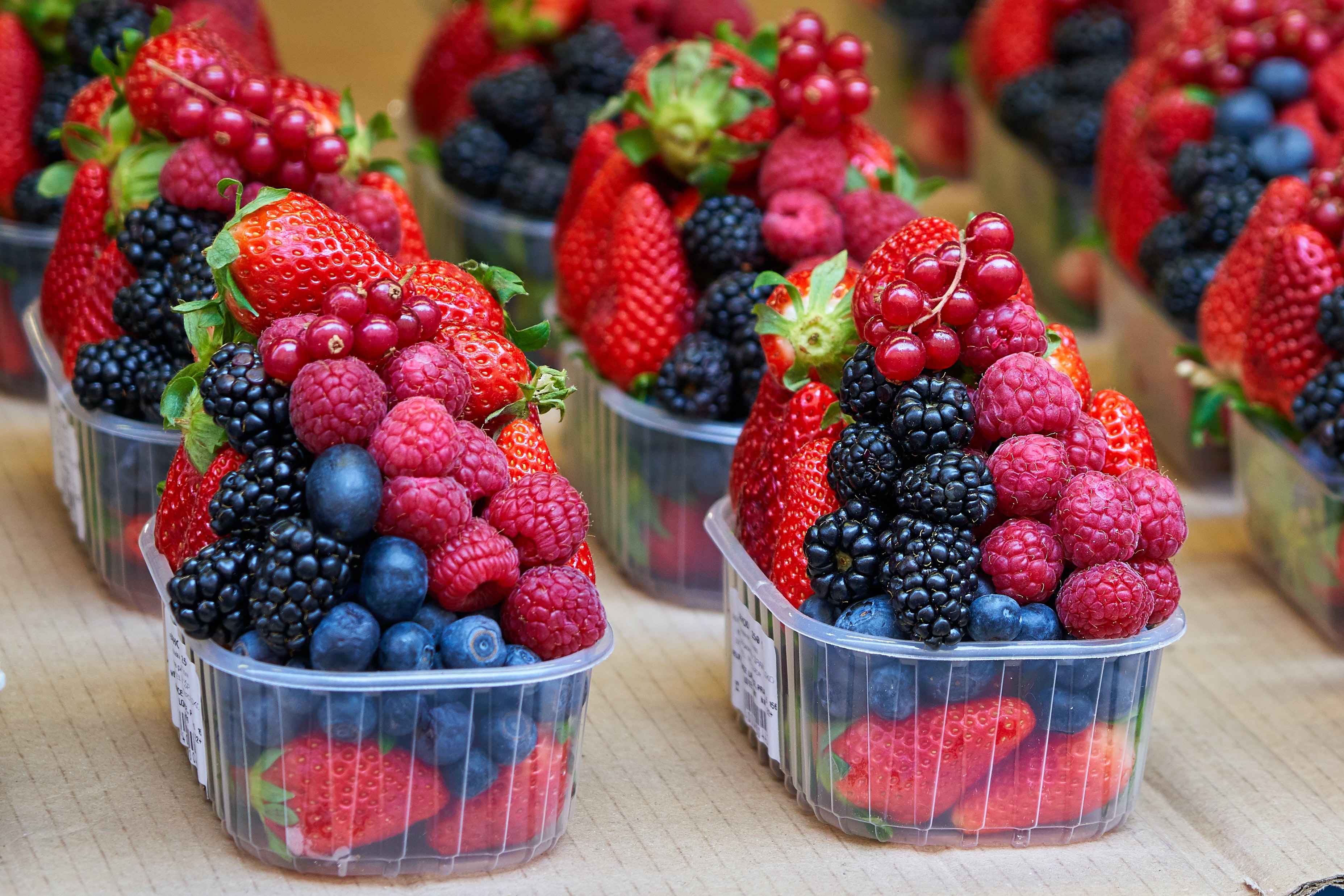
Antioxidants are one of those things you hear a lot about. Whether it’s from a healthcare provider or in advertising, there’s no getting around all the chatter about antioxidants and how important they are.
But what are antioxidants? And why are they so important? As per registered dietician Nicole Hopsecger, RD. we came up with below…
What are antioxidants?
“Antioxidants are naturally occurring chemicals in foods that can serve as a defense against free radicals,” explains Hopsecger. “Free radicals are normal byproducts of metabolism that occur in our bodies or can be a result of environmental factors, like air pollution and smoke.”
The primary benefit of antioxidants is their ability to safely react with free radicals before damage can be done on a cellular level. Basically, “Antioxidants fight free radicals,” says Hopsecger.
“Free radicals can damage the body’s cells by changing a cell’s DNA, or it can alter a cell’s membrane,” explains Hopsecger. “This interaction between free radicals and the body is called oxidative stress, which is often thought to be what contributes to the increased risk of developing chronic disease.”
Hopsecger says that while fighting free radicals is the primary benefit of antioxidants, there is a secondary benefit.
“Indirectly, antioxidants help reduce the risk of chronic disease development because they negate those free radicals from causing havoc to our cells,” Hopsecger says.
Antioxidants and your diet
While our bodies naturally produce some antioxidants, certain foods are the best way to ensure you’re getting enough antioxidants.
Antioxidant-rich foods
Some examples of antioxidants and the foods (and vitamin sources) in which you can find them, according to Hopsecger, include:
- Vitamin C: Broccoli, Brussels sprouts, sweet potatoes, bell peppers, tomatoes and citrus fruits.
- Vitamin E: Almonds, avocado, sunflower seeds, oatmeal and legumes (beans, lentils, split peas).
- Beta carotene: Apricots, cantaloupe, mangos, carrots, grapefruit and bell peppers.
- Selenium: Eggs, tuna, salmon, brown rice, onions and many other vegetables.
Like many healthcare providers, Hopsecger recommends a “rainbow diet” to ensure you’re getting all the necessary nutrients your body needs.
A rainbow diet means eating fruit and vegetables of different colors like green (broccoli or spinach), red (tomatoes or strawberries), orange (carrots or oranges) and yellow (bell peppers or banana). This ensures you consume a diverse range of vitamins, nutrients and, yes, antioxidants.
What to know about antioxidants
While antioxidants are very good for your health, there are misconceptions about them and confusion on how best to make them part of your diet.
No single antioxidant can do everything
“We can’t rely on any single antioxidant or nutrient to do all the work,” Hopsecger says. “We need to get a variety of those to make sure we stay healthy and the best way to do that is through a healthy, balanced and varied diet.”
Each antioxidant behaves differently in our body, Hopsecger says, and no antioxidant can do all the work of several different ones. On a similar note, she adds that the idea of a “superfood” that can supply a higher level of nutrients than others is a bit of a misnomer.
“Superfoods tend to be tied more to a marketing trend,” she says, noting that both kale and avocados have experienced booms in popularity in recent years. And while those foods are healthy, it’s more important to make sure you’re getting a variety of foods in your diet — like that rainbow diet — than focusing on any one particular food too much.
Don’t rely on supplements
While getting antioxidants into your body is good, doing so through supplements may not be, says Hopsecger. “Studies are inconclusive about whether or not supplements actually help, or in some cases, cause more harm than benefit,” she says.
“Not only can these interact with medications you’re already taking, but you’re not getting a well-rounded variety, particularly if you’re mega-dosing a single one,” she adds. “And those single antioxidants may not work as well without the presence of other nutrients you get more naturally through a well-balanced diet.”
